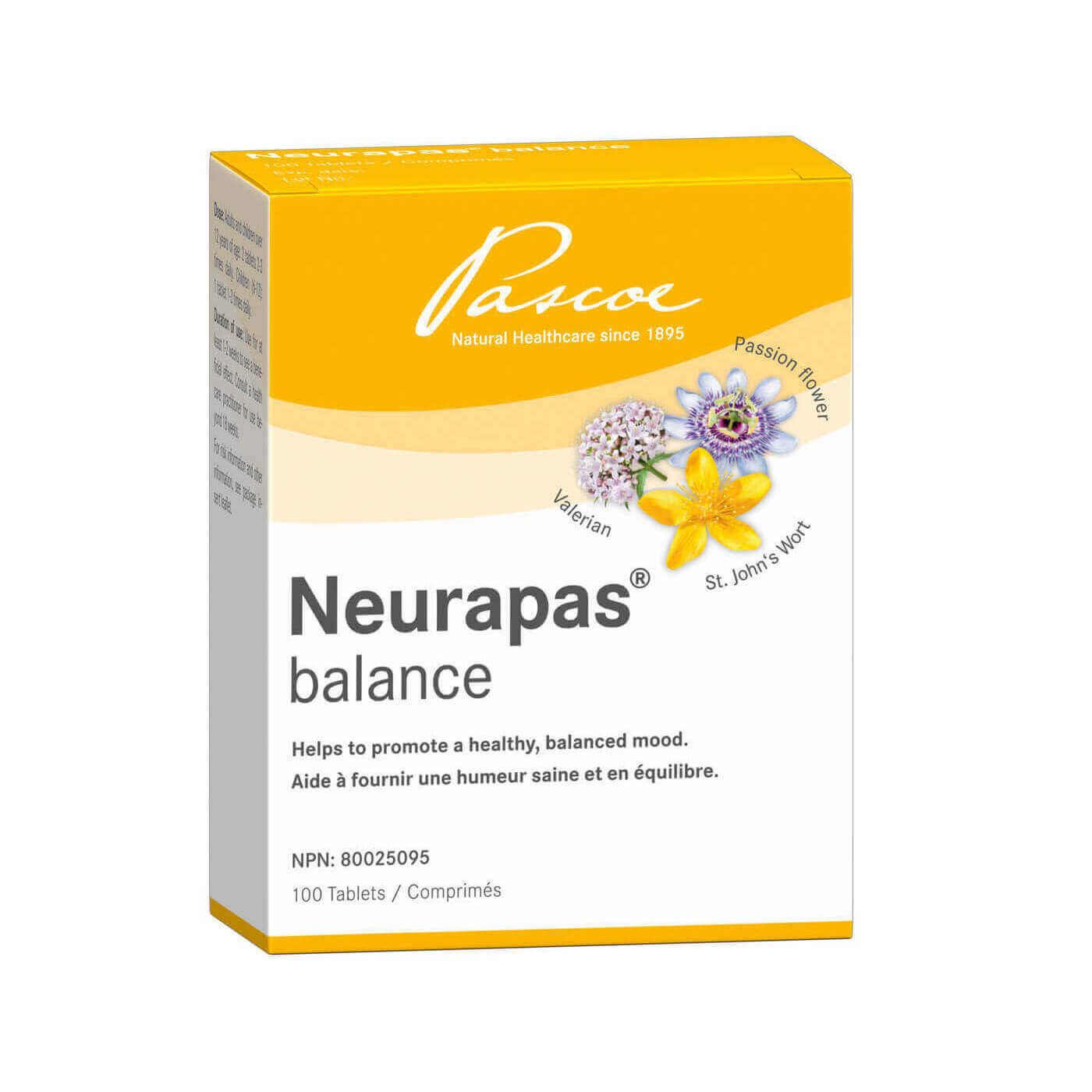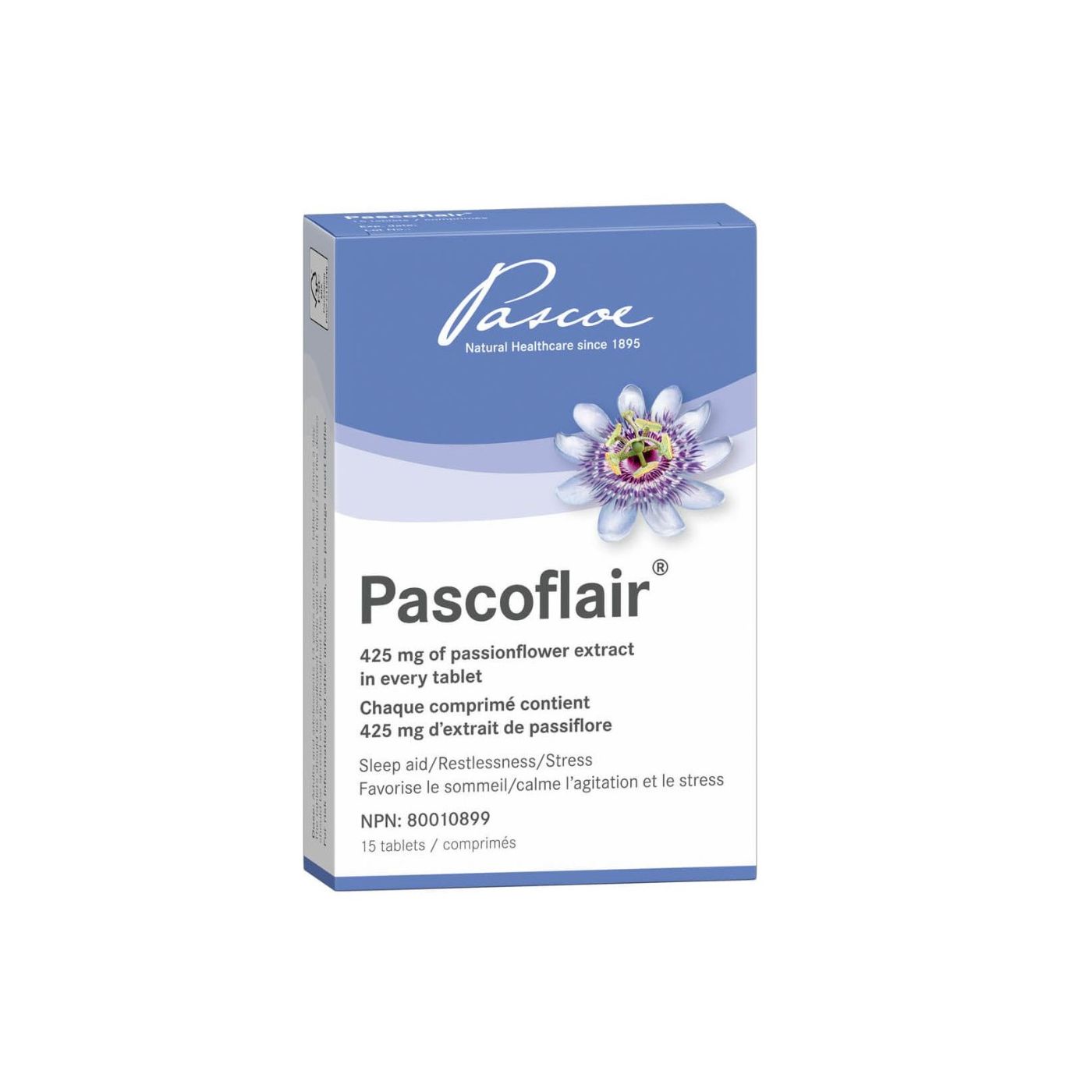Mindfulness Meditation & Ways to Manage Stress
Learning how to practise any form of self care can be a process. This World Health Day, we’ve decided to highlight one of our favourite self-care activities–mindfulness meditation.
Each year, World Health Day is celebrated on April 7th. It provides us with the opportunity to raise awareness about important health issues, as well as ways to mitigate them, including stress management, how to eat healthy, how to stay hydrated, and how to get enough rest.
Stress, and chronic stress, has, in fact, become epidemic in the 21st century. And while it can seem unavoidable, it can lead to serious health issues.
Stress Management Self Care Ideas
Meditation has become increasingly popular in recent years as a way to improve mental and physical health. It involves focusing your attention on the present moment and accepting your thoughts–even negative thoughts–and feelings without judgement.


Spending time, taking deep breaths and focusing on your thoughts, might at first make you feel overwhelmed or feel stressed. But with time, this can change. Engaging in meditation on a regular basis helps us to recognize thoughts, work to remain neutral about them and improve our overall ability to deal with stress.
Many people find that a regular meditation practice serves as great stress relief. It helps them to improve mental clarity and promotes overall well-being.
Let’s explore the benefits of mindfulness meditation for mental and physical health in more detail!
Stress Management Strategies
Dealing with sleeping problems or not getting enough physical activity, can directly affect your mental health. Both adequate sleep and regular exercise can improve mental health. When you’re not getting enough of each, a cyclical problem can emerge. Poor mood makes you less motivated to exercise or disrupts your regular sleep–inadequate exercise or proper sleep worsens a bad mood. And the cycle continues!
One of the most significant benefits of mindfulness meditation is the positive impact it can have on our mental health. Research has shown that regular meditation practice can help reduce symptoms of anxiety, depression, and stress.
By incorporating meditation into our self care routines, mood improves and our ability to sleep or exercise can improve also. A little bit goes a long way! Individual self care tips can build on each other.
Treatment and Prevention of Mental Health Disorders
Anxiety is a common mental health disorder that affects millions of people worldwide. Studies have shown that regular meditation can be an effective tool for managing anxiety symptoms.
A study published in the Journal of Clinical Psychology found that regular meditation reduced anxiety symptoms in individuals with generalised anxiety disorder (GAD). Another study found that mindfulness-based stress reduction (MBSR) was effective in reducing symptoms of anxiety, as well as depression in individuals with GAD.
Depression is another common mental health disorder that can be difficult to manage. Research has shown that meditation can also be an effective tool for coping with feelings of depression.
A study published in the Journal of Psychiatric Research found that regular meditation was effective in reducing symptoms of depression in individuals with major depressive disorder. And another study found that meditation helps to reduce feelings of depression felt by individuals with chronic pain.
Stress is a normal part of life, but chronic stress can have negative effects on both mental and physical health. Practising mindfulness meditation is an effective tool for anyone, regardless of pre-existing mental health disorders, because it helps to cope with and reduce our stress levels.
Physical Health Benefits of Mindfulness Meditation
In addition to the mental health benefits of meditation, there are also many physical benefits. Research has shown that having a regular meditation practice can help to reduce inflammation in the body, lower blood pressure, and improve sleep quality.
Inflammation is a natural response to injury or infection, but chronic inflammation can contribute to the development of many chronic diseases, including heart disease and cancer. Studies have shown that mindfulness meditation can help to reduce inflammation in the body.
In a study published in the journal, Brain, Behavior, and Immunity, they found that it reduced markers of inflammation in individuals with chronic inflammatory conditions.
High blood pressure is a major risk factor for heart disease and stroke. A regular meditation practice has been shown to be effective in reducing blood pressure in individuals with hypertension.
Sleep is essential for our overall health and well-being, but many people struggle with sleep. Research has shown that meditation can be an effective tool for improving our sleep quality also–the benefits really are endless!
How to Manage Stress with Mindfulness Meditation
If you are interested in practising mindfulness meditation to resolve sleep issues, improve your mental or physical health, here are some tips to help you get started with your practice:
- Find a quiet and comfortable place. This could be a designated meditation space in your home, outside, or simply a quiet corner anywhere where you can sit undisturbed.
- Set a timer for 10-15 minutes to start. Gradually, you can increase the duration of your meditation practice.
- Sit in a comfortable position with your back straight and your hands resting in your lap. You can sit on a cushion or a chair, whichever is more comfortable for you.
- Close your eyes and focus on your breath. Notice how the air moves in and out of your body.
- When your mind wanders, gently bring your attention back to your breath. Don't judge yourself or get frustrated if your mind wanders. It's natural for the mind to wander during meditation.
- Practice mindfulness meditation daily. The more you practise it, the easier it will be! Gradually you’ll get better at focusing your attention and staying present.
Learning to Cope with Stress Through Meditation
Mindfulness meditation is a powerful tool for improving both our mental and physical health. Establishing a regular meditation practice can help to reduce anxiety, depression, and stress, while also reducing inflammation in the body, lowering blood pressure, and improving sleep quality!
By starting small and slowly building up your meditation practice, you can quickly experience the many benefits of mindfulness meditation. Set aside some time today and try it out–for healthy mood, healthy sleep and a healthy life!
Disclaimer
Pascoe Canada does not offer health or medical advice as we are not a healthcare practitioner. Please speak with your healthcare practitioner before beginning any program related to nutrition, diet, exercise, fitness, medical, and/or wellness. All content published by Pascoe Canada is developed through collaborating with licensed medical professionals and contributors. This includes text, graphics, images, and other material on the website, newsletter, and products (“Content”). This content is for informational purposes only and does not constitute medical advice. The content does not substitute professional medical advice, diagnosis, or treatment. Please always do your own research on whether this is for you along with your healthcare practitioner advice. Always consult your healthcare practitioner prior to using specific herbs because you might have underlying conditions that need professional care. The content is general in nature and is subject to change. It is not intended to cover all possible uses, directions, precautions, warnings, drug interactions, allergic reactions, or adverse effects.




